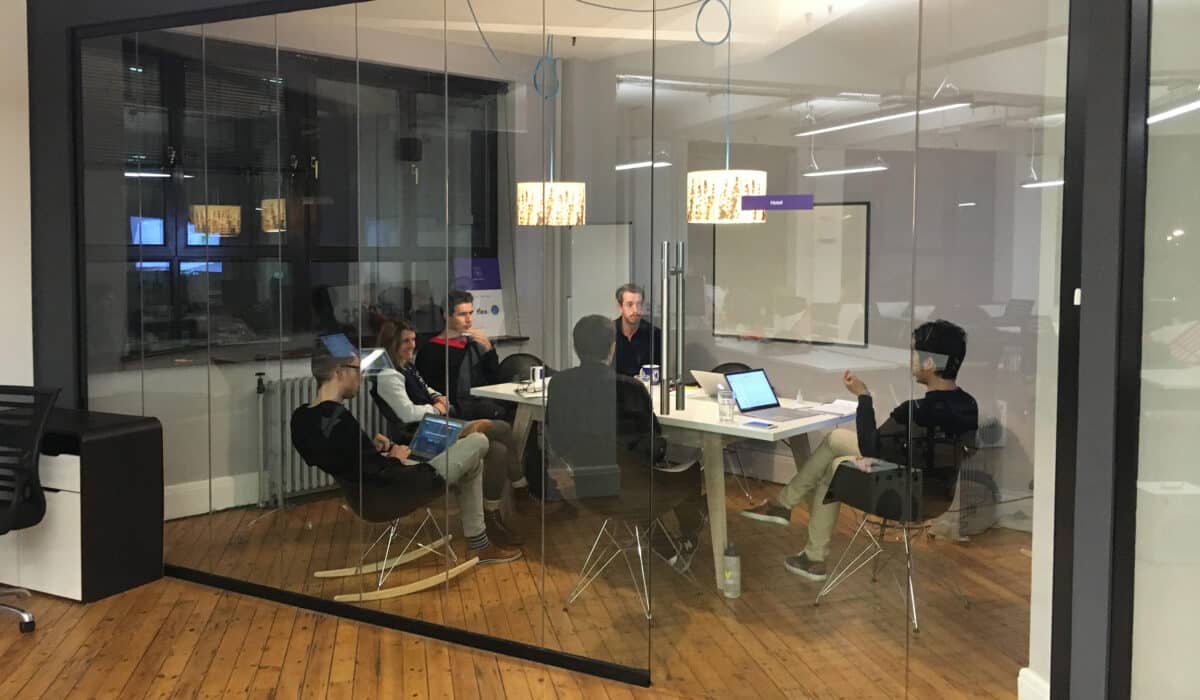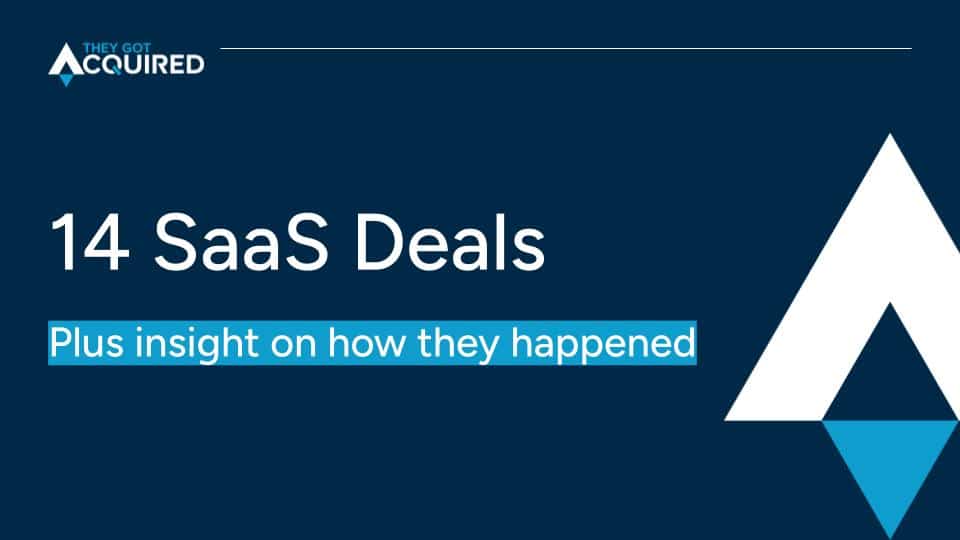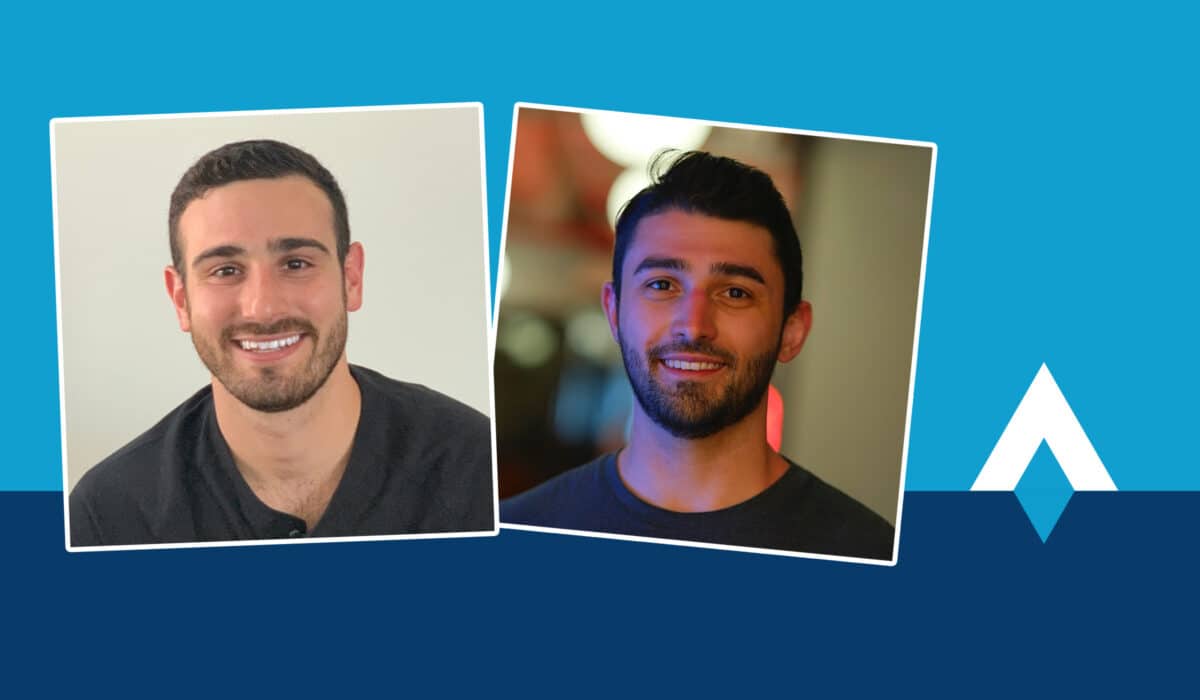When co-founder Nick Holzherr wanted an expert to help him sell UK-based human resources software Air HR, he didn’t turn to a brokerage or even a law firm.
Instead, he looked to a resource most founders wouldn’t think of for M&A: Upwork.
The freelance platform is known for hiring affordable contractors, often overseas. So one might wonder, how did Holzherr know he could trust a contractor he found there with such an important step in his business?
Yet using Upwork seemed natural to Holzherr. He’d leaned on the platform to find talent for all kinds of roles since around 2012, when it was still called Elance, so it made sense to him to find expertise there in this instance as well.
“I’ve been building teams — distributed teams — for a really long time,” Holzherr said. “I have had huge success in that, so for me, it wasn’t strange.”
Plus, Holzherr’s business was bringing in around $40,000 in annual revenue by the time it sold in 2022. Most brokers typically work with companies with at least $250,000 in annual revenue, so he needed a non-traditional solution with a non-traditional price tag.
He hired an individual to guide him who had experience with mergers and acquisitions, and paid an hourly rate that added up to around a few thousand dollars.
“A consultancy would charge you 10x minimum of that,” he said, adding that he had similar success with legal support related to the sale using a UK-trained lawyer from Upwork. “This was a small deal compared to a deal that’s tens of millions of dollars, so I wanted to find something that was a reasonable cost.”
The consultant publicized Air HR on several acquisition marketplaces and strategically reached out to potential buyers, engaging about 10 within a couple months, which he helped narrow to the two best options. Texas-based global payroll software company KarbonPay ended up as the best fit, acquiring Air HR for 6 figures in July 2022.
The key to hiring well on Upwork
Years ago, Holzherr met someone else through Upwork who turned out to be an essential partner: Viktor Taranenko, who later became a co-founder and chief technology officer of Air HR. Holzherr originally hired Taranenko for a different business, a cooking and recipe app called Whisk (now Samsung Food).
Within a few years, Holzherr was so impressed by Taranenko that he offered to sponsor his visa from Russia to the UK, where he eventually became a citizen and Holzherr’s business partner.
So Holzherr knew he could find quality people on Upwork. But he also spent time vetting people he found there. For Holzherr, the reviews and work history available on Upwork were just a starting point.
“You still have to recruit them and interview them and check their background,” Holzherr said. “You still have to do that normal stuff you do outside of [a freelancer marketplace] — but when you do that, it works.”
The early years of building Air HR
Air HR started as a 2016 pivot from Holzherr’s recipe app Whisk, which had run low on funds.
“We were like, ‘Okay, what do we do with our team?’” Holzherr remembers from a discussion with his colleagues at Whisk, including Taranenko. “‘Should we all go off in our own directions, or should we come together and build a new company?’”
They opted to put Whisk in maintenance mode to focus on creating something new.
At Whisk, which Holzherr had founded after he was a finalist on the UK version of The Apprentice in 2012, the team had tried out a few human resources platforms and were not impressed.
“They were all slightly mediocre or super expensive,” he said, adding that the user experience was like navigating a maze. “They were all super complex and had every feature under the sun.”
Holtzerr and Taranenko added their third co-founder Rachel Maclean, who brought her experience running HR and business operations, to help build the simplified “hub and spoke” model that became Air HR.
“We can have the core HR stuff that everyone gets,” Holzherr explained. “People can choose which modules they enable or which integrations they enable — they only see the bits that they need, so basically it becomes a simple, joyful-to-use experience.”
The team raised about $200,000 (£150,000 GBP) from investors to get the company off the ground, then sent targeted introduction emails to small businesses and published free HR templates online to attract users. The templates wound up being a reliable way to draw in people who used search engines to find helpful HR resources, and the company became profitable in 2017.
Growth wasn’t as quick as they’d hoped, but looking back, their customers were loyal. Air HR had about 3,000 users when it sold, which included paid users and free users.
“What I didn’t know at the beginning was how long users would retain,” Holzherr said, adding that the product stayed essentially the same through the years, with no major feature updates. Perhaps because of the tool’s simplicity, “people were super sticky.”
Why these SaaS co-founders sold Air HR
In 2018, Whisk unexpectedly took off, drawing Holzherr and Taranenko’s attention back to the food app. So they switched gears and put Air HR into maintenance mode instead, with no dedicated employees. Maclean, who was not involved with Whisk, had left the team in 2017 to pursue politics and become a member of UK Parliament.
Whisk’s success led to its 2019 acquisition by Seoul-based Samsung, and Holzherr and Taranenko helped establish the service under the Samsung umbrella. Taranenko, after staying with Samsung for an agreed-upon term, took some time off to run triathlons and later went to work on self-driving vehicle technology.
Holzherr maintained responsibility for Air HR, continuing to tap contractors he’d found on Upwork whenever the software needed bug fixes or security updates.
With the low churn rate of loyal customers and multiple shareholders involved, though, by 2022 Holzherr didn’t want to keep the company in the background. “We need someone who can really love the product and invest in it and build on it,” Holzherr remembers thinking. “I wanted the peace of mind that somebody was responsible for it—but I didn’t want it to be me.”
Air HR’s sale to KarbonPay didn’t mean Holzherr would stop multitasking, though.
He went on to work full time and remotely for Samsung after the company acquired Whisk and rebranded it to Samsung Food in 2023. He also became an angel investor and launched Gitlaw, an online library of open-source legal document templates with an AI-assistant that helps users navigate forms for free.
Gitlaw sprung out of his experience as a founder, and from growing Air HR.
“It was some lessons I learned from doing legals on the cheap myself, and what I would have liked to have as a founder,” he said. “And combining some of the learnings from Air — giving away free templates and how much value that can provide users.”
Holzherr hopes to add paid features to Gitlaw in the future, but like Air HR’s templates, he said, Gitlaw’s templates will remain free.



